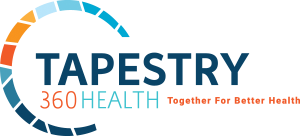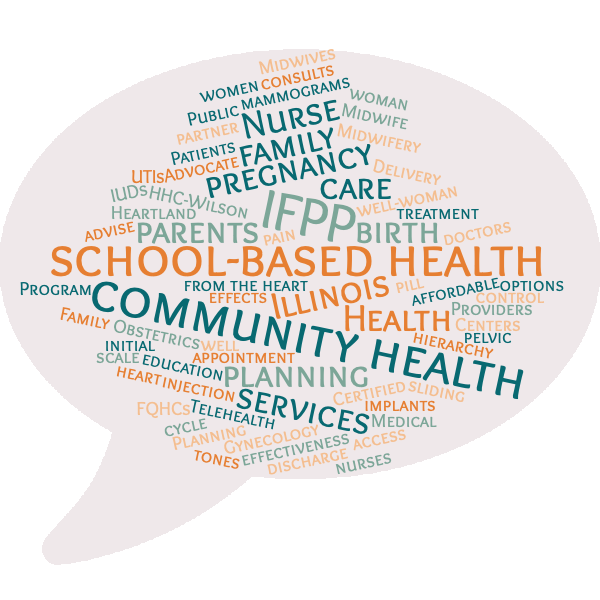Obstetrics & Birth Care
We’re here to help with care and support before, during and after a birth.

When you’re planning a pregnancy, we’re here to help from the start (Or even if you’re not: according to the CDC, about half of pregnancies in the U.S. are not planned.
If you have questions about family planning, please check with our family planning care team. Midwives, obstetricians, and others will support you at every stage of the process.
Prenatal Care
Depending on your gestational week – how far along you are in your pregnancy – expect the following care and treatment:
- Physical exams, weight checks, and urine samples
- Blood work
- Referral for an Ultrasound
- Genetic Testing
- Monitoring baby’s heart rate and position
- Birth planning and delivery
- A meeting with a Behavioral Health Consultant
- Dental care with the T360H Dental team
Our goal before your baby is born is to monitor and support the health of mother, baby and family.
Birth
Our patients generally deliver babies at one of two locations:
- Swedish Covenant Hospital provides excellent care for low- and high-risk pregnancies
- If you have a low-risk pregnancy, you can see the Advocate Illinois Masonic Midwives at Tapestry Wilson.
The same provider team you see for prenatal care will be with you throughout the process.
After Your Baby is Born
Newborns will have a primary care provider from our pediatrics care team. Meantime, it’s important to keep the care going for you and your family after the baby is born. Services we provide include:
- Nutrition counseling
- Virtual prenatal education class in the first or second trimester in English and Spanish
- Breastfeeding support from a lactation specialist
- Postpartum care and contraception
- Newborn and well-baby visits
We also provide counseling and support after your baby is born. It’s common to experience “baby blues,” or feel sad or empty, within a few days of giving birth. This feeling typically goes away within 3 to 5 days.
If you notice the feeling lingers for more than 2 weeks, you may be experiencing postpartum depression. It’s common – 1 in 9 new parents experience postpartum depression after childbirth – and it is treatable. A combination of medication and counseling have been shown to be effective at addressing postpartum depression.


















